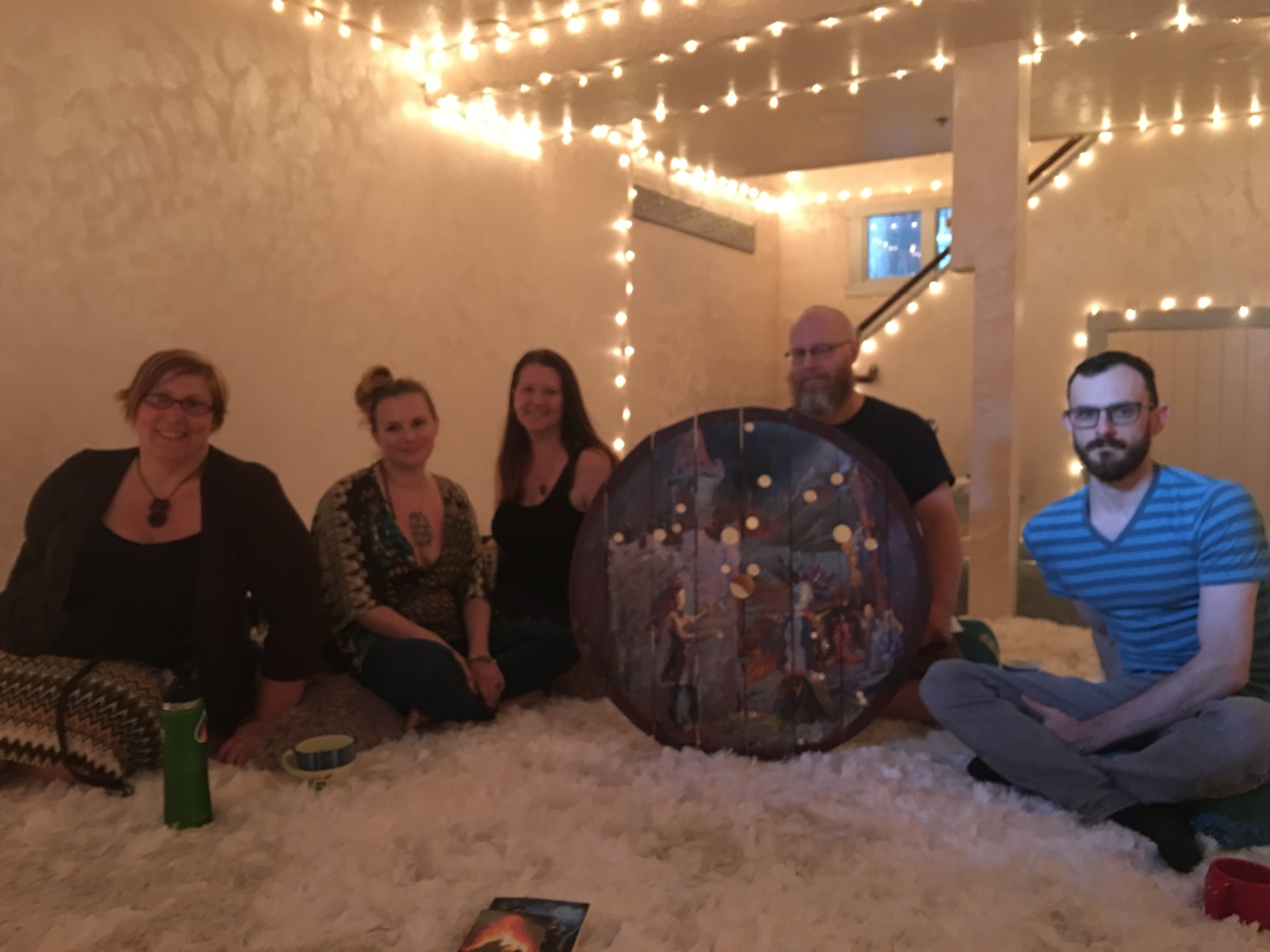One of the things I love most about self-publishing is creative collaboration.
I can’t say I love the searching and interviewing process to find my ideal collaborator. But that is a necessary chore.
Since most of the stuff I write is for an adult audience, I don’t need an illustrator most of the time. But I do write children’s fairy tales from time to time, and 2 were polished enough to warrant completing them into a book form.
I got “The Golden Pedestal” illustrated and designed into a book last year, and I’m working on getting the 2nd one, “Why Roses Have Thorns” illustrated and designed this summer.
By the way, “Roses” was the first fairy tale I ever wrote.
I learn through making mistakes. Lots of them.
Last year, I didn’t take the time to interview various artists, and went with an illustrator who was willing to work for less because he lacked experience. He said he “always wanted to illustrate a children’s book.”
I had never done this outside of collaborating with friends, and our collective lack of experience caused problems.
So I learned some lessons, and went about things a little differently this year.
I put up my Craigslist post and waited until I had a healthy variety of choices.
I don’t know what it is about Craigslist, but it seems the incompetent, the inexperienced, the desperate, and the dregs rush to answer brand new posts.
I took my time sifting through the various applications that came in (most of which were hopelessly inadequate), and picked three artists to interview.
Two of the three did exactly as I asked in my post, and the 3rd sent a lot of her work through various replies and was clearly eager.
Since I liked her work and thought it might be appropriate for this story, I asked to meet with her.
Sonja was my second interview, and I really liked her. She really wanted this project, and had an interesting and unique story. Unfortunately, she was not computer savvy and most of her work was from the 80’s.
I’d consider her for another project or to illustrate flyers, but I would need somebody who could transfer her work to a jpg or tiff file.
Truthfully though, the next 2 interviews had a steep slope to impress me because my first interviewee hit the ball out of the park.
It’s weird to remember that I almost didn’t ask for an interview until I thoroughly checked out all the links she sent me.
The illustrations she sent me didn’t impress me as much as the wide range of her experience. Besides illustration, she designs costumes, is a dancer/choreographer/performance artist.
I’m really glad I was thorough because in our interview, she was able to show me work that wasn’t available on her website.
I was also impressed with her follow through.
Since I answered all three at the same time, I thought I had confirmed time and place with everybody. But I hadn’t with her.
So I show up at the tea shop, without my computer or my phone (???!!!!), looked around and waited for about 15-20 minutes. I was perplexed because everything about her seemed so professional.
I began to wonder if I hadn’t confirmed. Since I didn’t have my phone, I didn’t see her email asking for confirmation of where we were meeting.
So Natalya impressed me to no end when she showed up, even though she wasn’t certain I would be there.
Her manner was warm and engaging, and she really loved fairy tales.
She had a lot of knowledge about how they were illustrated, and seemed to get it about dark fairy tales.
Anybody who approaches a subject with knowledge and understanding is going to bring a lot to the table.
I really liked Natalya a lot. I probably made the decision to hire immediately, even though I had interviews with 2 more people.
But I also liked Sonja, my 2nd interviewee. I can’t remember the name of the 3rd artist I met, and I don’t care enough to dig through my email to find out.
She was very professional and had a lot of materials. In the moment, I actually considered her for the covers of my adult work.
I had loved BANE’s art who worked on “Ella Bandita and the Wanderer,” and did all the work for the novelettes.
He was also a pleasure to work with. But he stopped illustrating due to problems with his vision.
This 3rd artist assured me she was good at imitation. I considered working with her, and quasi-offered her that job during the interview, which she quasi-accepted.
The problem was her demeanor. She was cordial and professional, but very cold.
Since I’m pretty scatter-brained, I showed up looking like a mess after workout, while she showed up immaculate.
I also was a mess when I had met Natalya. But there was nothing in the way she acted that inspired me to feel self-conscious.
When I walked away from that 3rd interview, I felt icky. If we really can feel energy from people, it’s possible the woman I just interviewed judged me unkindly.
Of course, all this may be my imagination or insecurity.
Either way, I don’t see the point of working with somebody AND PAYING HER if I feel like sh*t when I walk away from a meeting. I mean…Eeeewwww…
So, Natalya got the job. I had my first meeting with her and I’m already so happy with the choice I made.



















